News

Brauneis Leads Development of Database to Inform Users on Litigation Relating to AI
GW’s Robert Brauneis is developing a database to make it easier for others to understand AI litigation.

AI Firms Under Fire for Allegedly Infringing on Copyrights
GW’s Robert Brauneis shares his thoughts with Voice of America on how U.S. copyright law applies to images and content generated by AI.

Researchers Develop and Test AI Text-Detector Tools
UMD’s Soheil Feizi, Tom Goldstein and Furong Huang are publishing groundbreaking research on the reliability of AI text-detectors.
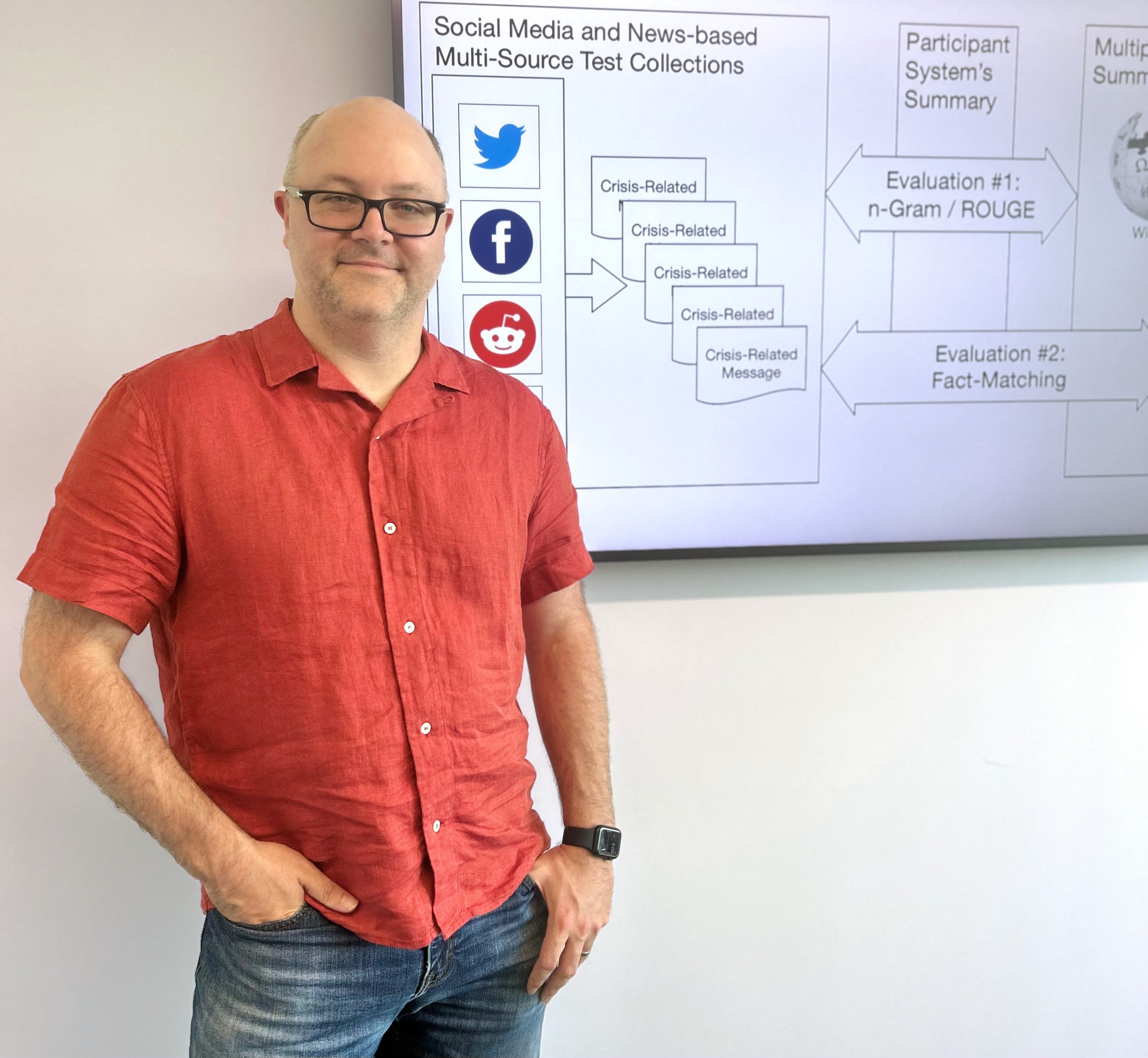
Buntain Builds Digital Tools to Combat Misinformation
UMD’s Cody Buntain works to make the online information ecosystem a more informative, higher-quality space by enhancing its resistance to manipulation.
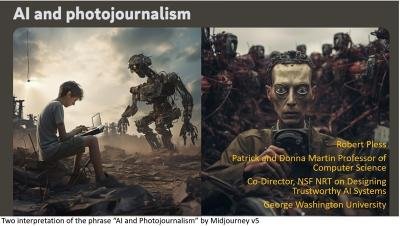
Images Posted on Internet are Training AI Algorithms
GW’s Robert Pless describes how that billions of photos posted on the internet are training algorithms for generating images made with artificial intelligence.
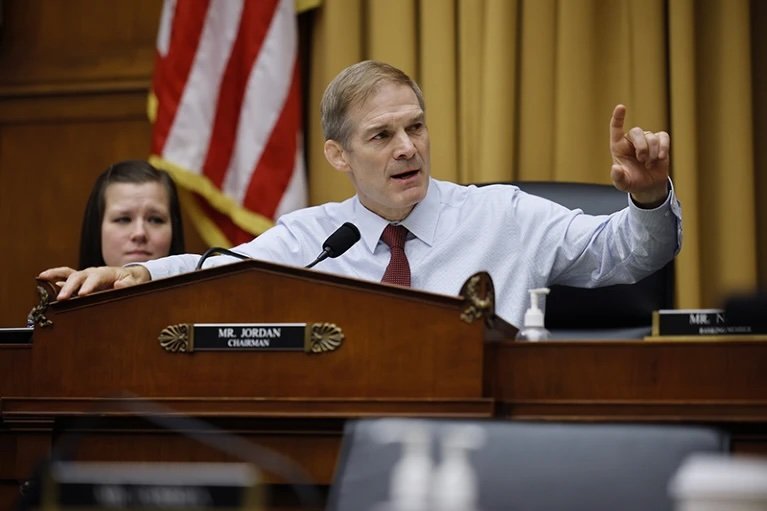
Disinformation Researchers Under Investigation: What’s Happening and Why
GW’s Rebekah Tromble tells Nature that scientists have been targeted by legal actions and information requests from conservative activists and leaders before—and it’s not likely to stop anytime soon.
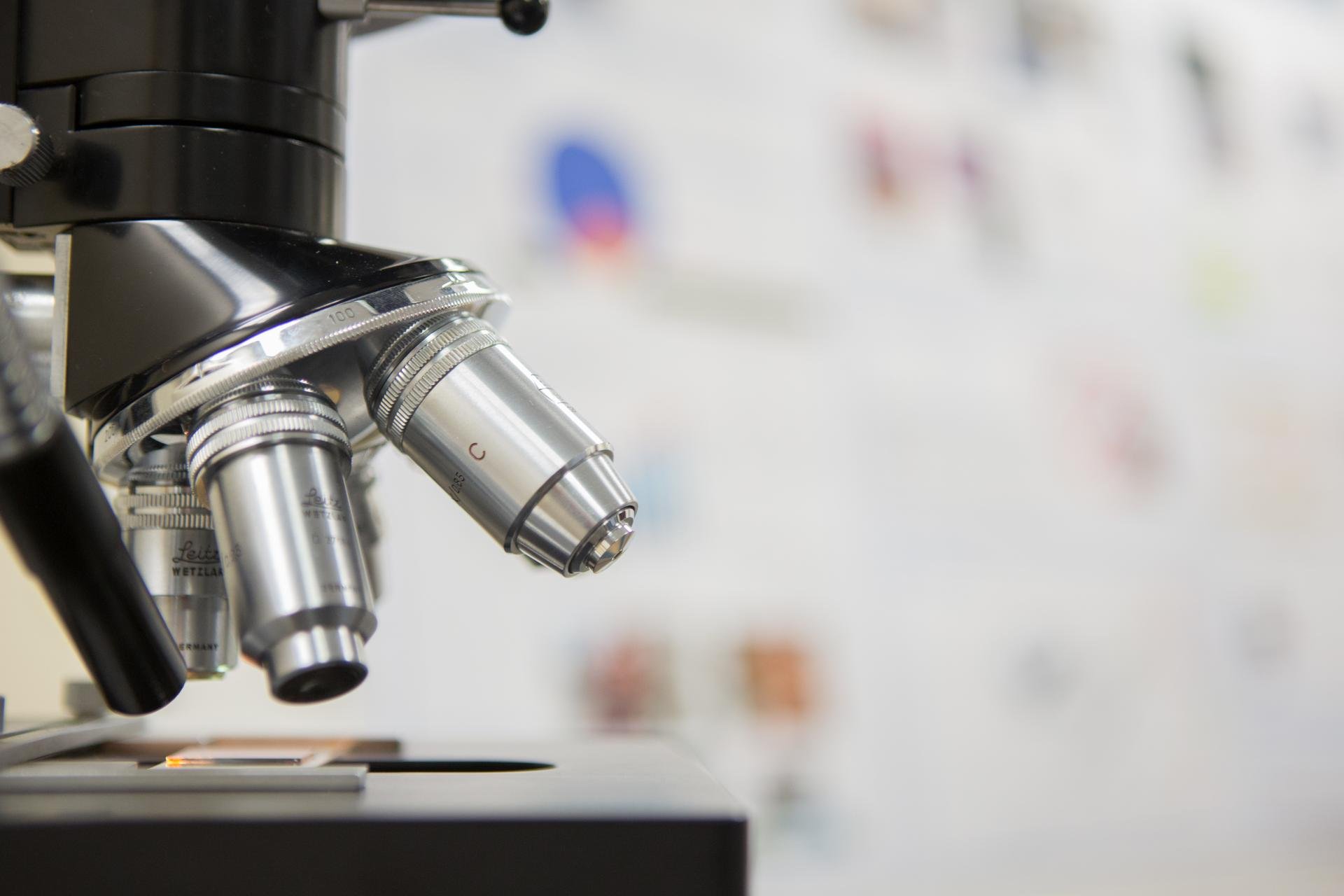
Tech Maturation Awards Bring Potentially Transformative GW Inventions Closer to Market
GW’s Ekundayo Shittu received a Technology Maturation Award for his novel system that utilizes non-intrusive load monitoring, machine learning, edge computing, and reliability analysis techniques to comprehensively evaluate medical equipment utilization and condition in hospitals.
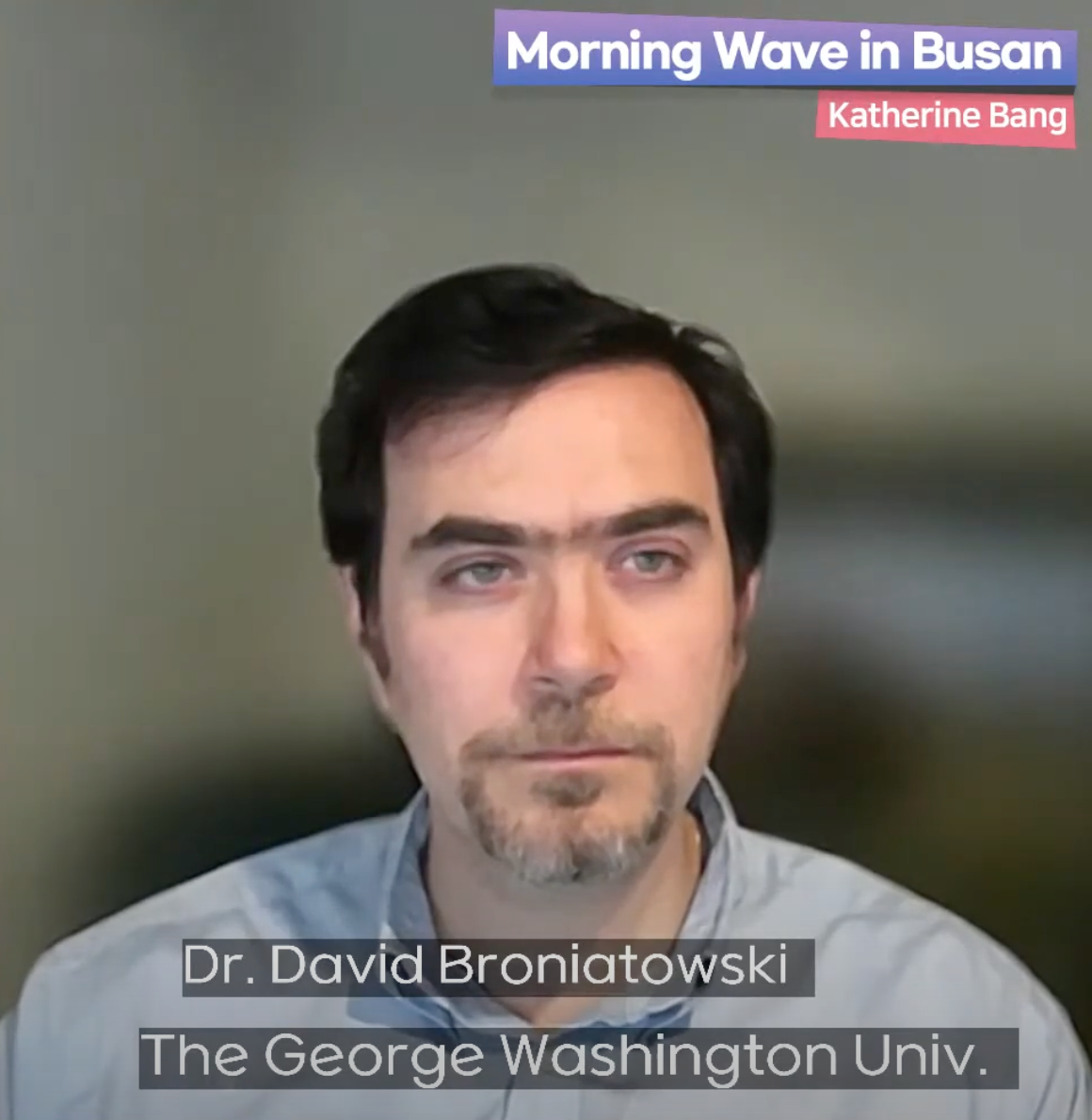
Broniatowski Discusses AI Ethics and Regulations on Morning Wave in Busan
GW’s David Broniatowski talks to a Korean radio station about the need to foster global AI safety that serves the needs of the broader society.

AI Snake Oil is Here, and It’s a Distraction, says Daumé
UMD’s Hal Daume tells Yahoo Finance that the AI hype is distracting from important discussions about safety, with companies selling how the technology works rather than what it can actually accomplish.

Detecting AI May Be Impossible. That’s a Big Problem For Teachers.
UMD’s Soheil Feizi tells The Washington Post that we should adapt our education system to not police the use of the AI models, but embrace it to help students use and learn from it.

More Engagement in Tech Design Can Improve Children’s Online Privacy, Security
Morgan State’s Virginia Byrne’s is part of a research team working to better understand the problems and solutions of designing technology with children's privacy and security in mind.

How to Regulate AI? Start With the Data
In this Op-Ed, GW’s Susan Ariel Aaronson lays outlines concrete steps that Congress could take to better regulate data and AI.

UMD Receives $500K to Boost Number of Black, Latina and Native American Women in Computing
UMD’s Kate Atchison is helping lead a new initiative to increase the number of women of color who are earning bachelor’s degrees in computing.

How AI Raises Challenges to Protecting Creators’ Work
GW’s Robert Brauneis weighs in on how generative AI is posing new challenges to intellectual property law.

Shilton Discusses AI-Powered Phone Scams Targeting Seniors
UMD’s Katie Shilton talks to Public News Service about AI-powered phone scams targeting senior citizens, explaining that a key approach to improve public trust in AI is including stakeholders in the design process.

Launch of the EDMO Working Group for the Creation of an Independent Intermediary Body to Support Research on Digital Platforms
GW’s Rebekah Tromble is part of a working group developing an organizational model for a new independent intermediary body that will facilitate data sharing between digital platforms.

GW Distinguished Faculty Honored at 13th Annual Faculty Honors Ceremony
Ekundayo Shittu was recognized for excellence in teaching at GW’s 13th Annual Faculty Honors Ceremony.

Building Trust in AI: Three DC-Area Universities Involved in New Effort
MSU’s Virginia Byrne tells WTOP News that as AI becomes increasingly sophisticated and employed in programs people use every day, broadening who develops it and increasing the understanding of how it can be used is more important than ever.

New AI Research Funding to Focus on Six Areas
Fueled by $140 million in federal funding, the Biden administration opened seven new artificial intelligence laboratories, including TRAILS.
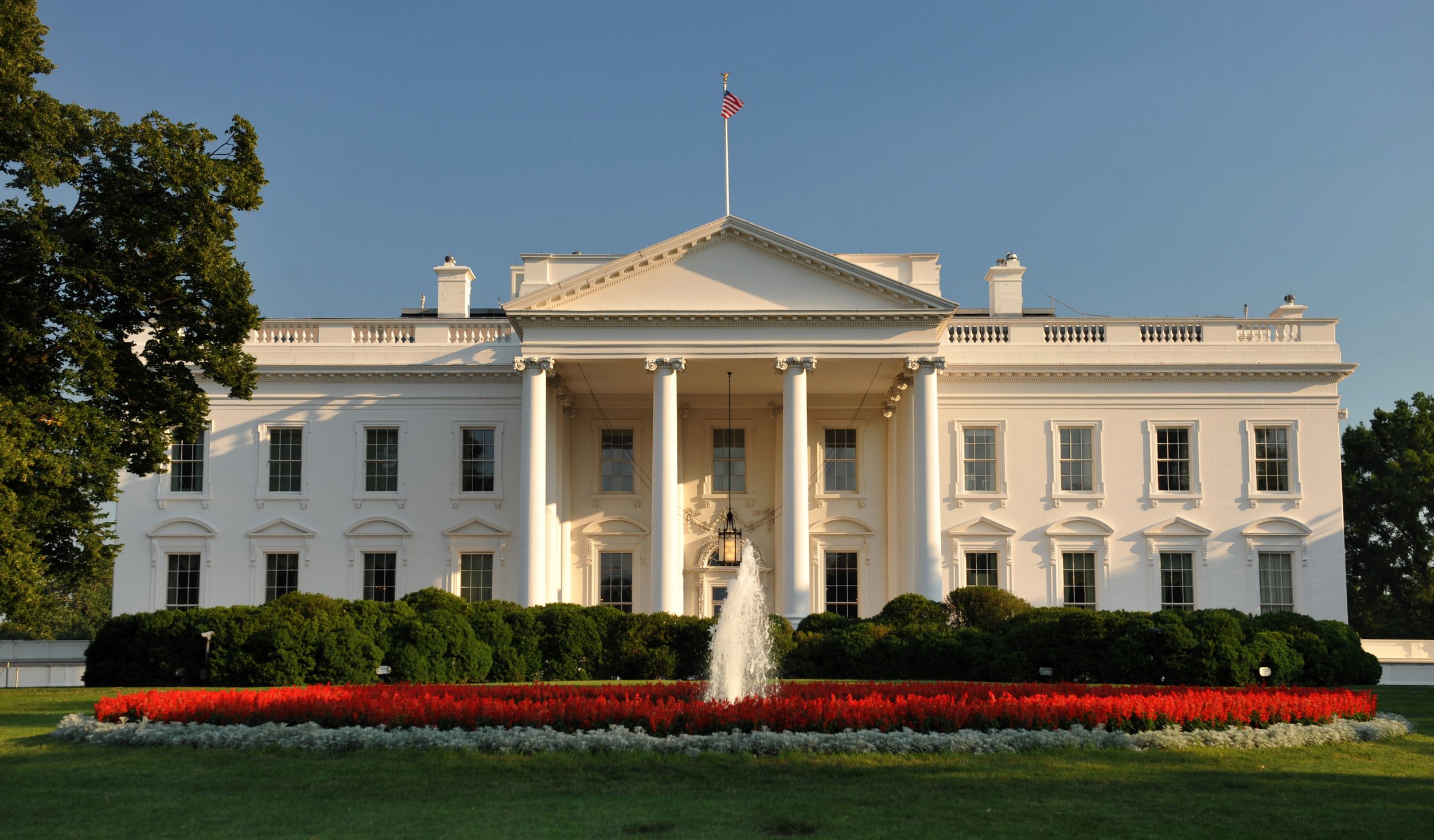
GW Experts Weigh In On White House AI Risk Mitigation Initiatives
The Biden administration announced a slate of initiatives aimed at reducing the risks posed by rapidly advancing AI systems, including $140 million for new research centers like TRAILS. Newswise highlights GW researchers David Broniatowski, Susan Ariel Aaronson and Aram Gavoor.
